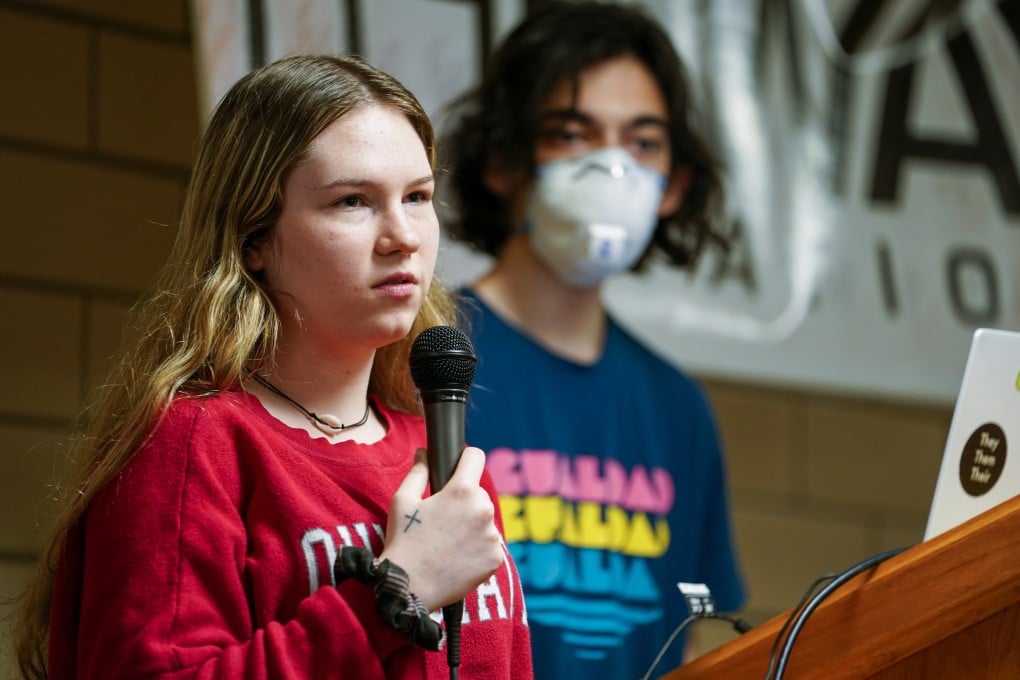Opinion | Gen Z is redefining the possibilities of generosity by demanding more bang for their charitable buck
- Charities would be wrong to neglect reaching out to those born after 1997 because of their relative lack of disposable income and their penchant for moral one-upmanship
- Instead, the humanitarian aid industry must answer the two questions Gen Z is posing: how do you measure impact? What’s in it for me?

Critics are quick to cast this as performative posturing void of any real-world impact. But it is a grave mistake for the global humanitarian community to dismiss this generation as self-absorbed virtue signallers.
Sadly, 20 years on, the urgency of World Humanitarian Day is as pressing as ever. Over 360 million people depend on tireless humanitarian workers to deliver basic necessities like food, water, education and safety.
Behind them stands a global machinery of giving, comprising local single-issue charities, wealthy philanthropists, family foundations and global non-profits. In the United States alone, the Giving Institute reports US$499.33 billion in total annual giving last year, and the Internal Revenue Service counts 1.48 million registered charitable organisations.
Surely, if the need for humanitarian assistance is ballooning proportionally to the world’s ills, Gen Zs moral one-upmanship will prove utterly fruitless in tackling them? Clearly, charities’ neglect in getting them on board as serious donors is justified given their lack of relative disposable income? Charities are wrong to think so.
